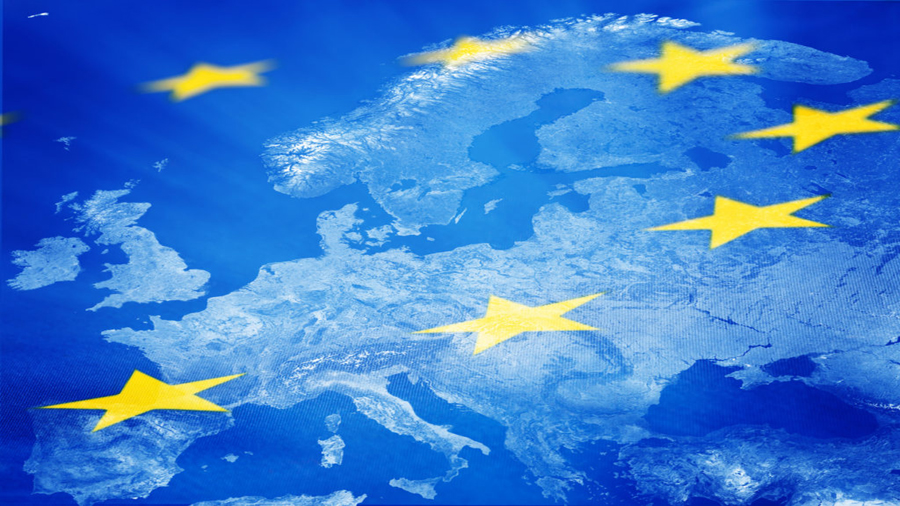Funding to startups in the European Union got off to a brisk start in 2022. But in the past couple months, investment has slowed sharply.
In March and April, investors put a total of $7.5 billion into 472 seed through late stage funding rounds1 for EU-based companies. That’s the lowest funding total of any two-month period in at least the past year, per Crunchbase data.
Overall, investment for the past two months is down 39 percent from the combined January and February total. During that period, EU companies collectively raised $12.3 billion across 552 rounds.
Search less. Close more.
Grow your revenue with all-in-one prospecting solutions powered by the leader in private-company data.
A drop of this magnitude generally has some macro-level drivers. And for EU startups there are plenty.
The most monumental geopolitical driving factor is obviously Russia’s invasion of neighboring Ukraine. As we documented earlier, the number of funding disclosures from EU startups fell dramatically in the days immediately following the attack.
Initially, it appeared plausible that companies were simply delaying funding announcements. For many startups, it might not have seemed like the appropriate time to celebrate a new round.
Now, roughly 10 weeks into the invasion, it’s clearer that this is a regional slowdown and not a temporary pause.
In particular, we’re seeing a broad pullback in so-called supergiant funding rounds—investments of $100 million and up. Of course, big deals did still get done in the past couple months, including:
- Paris-based Doctolib, provider of an online booking platform for finding doctors and making medical appointments, raised $526 million in Series F funding.
- Berlin-based OneFootball, an online platform for soccer fans, raised $300 million in a Series D round.
- Berlin-based Forto, a provider of software-based tools for freight forwarding and logistics, pulled in $250 million in Series D funding.
However, fewer big deals are happening. Per Crunchbase, there were 31 rounds of $100 million and up for EU companies in January and February, and only 19 in March and April.
The recent slowdown follows a record funding period for European startups. Last year, venture funding to Europe, including both EU and non-EU countries, hit an unprecedented $116 billion, up an incredible 159 percent year over year.
The drop in venture investment in recent months comes amid a period of slow growth and rising inflation for EU economies. In late April, the European Commission said that the 19 countries that use the euro grew only 0.2 percent overall during January, February and March compared with the previous three months. Supply chain disruptions, including moves to cut or sever Russian oil and gas impacts, have contributed to rising prices and shortages across the region.
Startup investment, meanwhile, is slowing well beyond EU borders. Global venture investment fell 13 percent quarter-over-quarter in Q1 of 2022, per Crunchbase. Slowdowns happened across geographies, including North America, Latin America and Asia.
Funding to Europe, which includes both EU and non-EU countries, bucked the trend in Q1, with total funding up slightly quarter-over-quarter. However, data for the past two months shows funding to the region is now trending down.
Crunchbase queries used in this article:
We included only rounds of disclosed size and did not include corporate funding rounds.↩

Stay up to date with recent funding rounds, acquisitions, and more with the Crunchbase Daily.



![Illustration of a guy watering plants with a blocked hose - Global [Dom Guzman]](https://news.crunchbase.com/wp-content/uploads/quarterly-global-3-300x168.jpg)
67.1K Followers